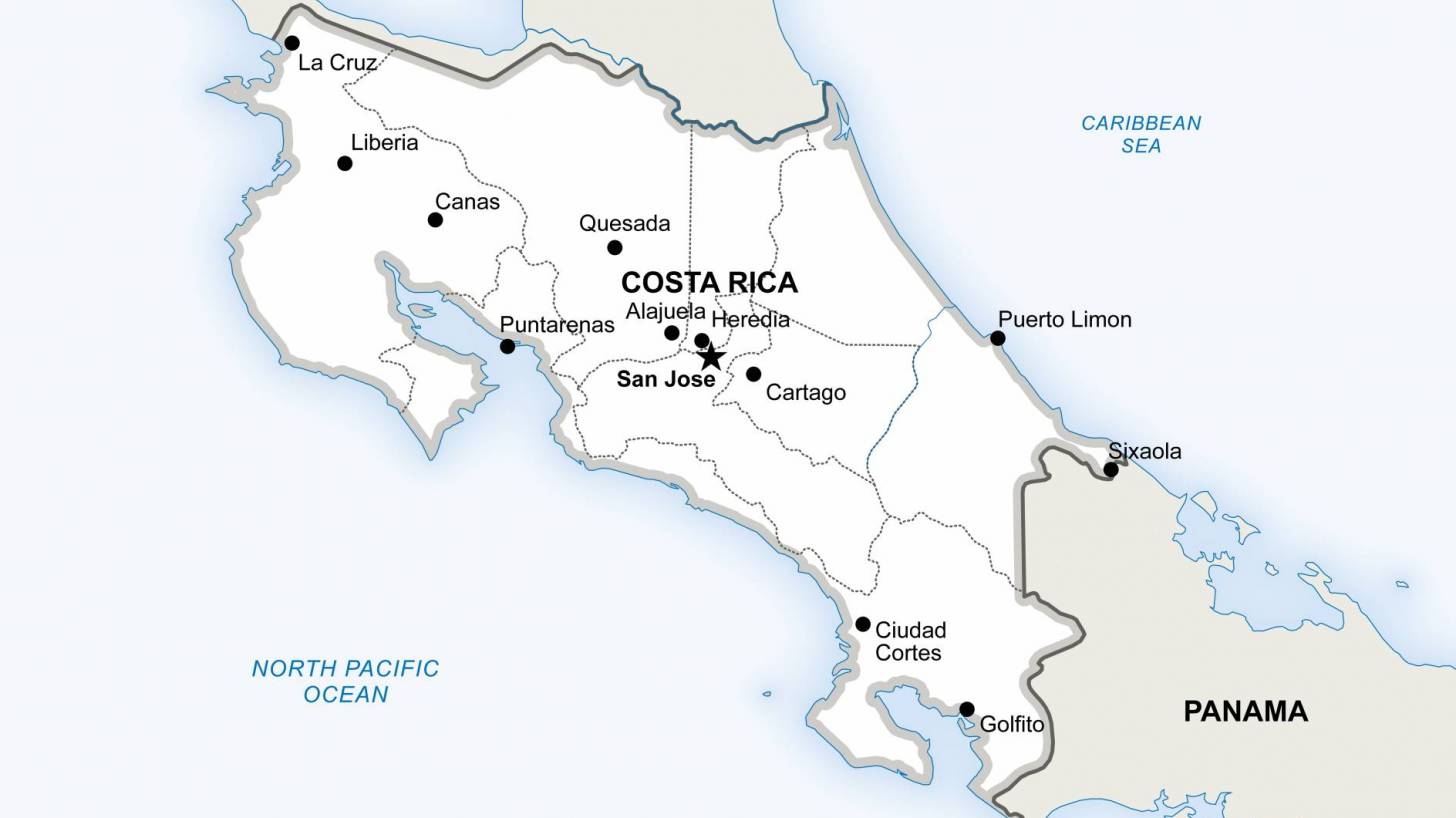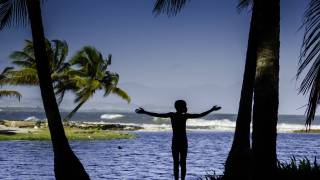Costa Rica Travel Advisory Issued

A new ‘Exercise Increased Caution’ Travel Advisory was issued for the Republic of Costa Rica due to ‘threats for tourists.’
This Level 2 Travel Advisory issued by the US Department of State on January 7, 2020, joins previous Advisories published by the Canadian and UK governments.
This is unfortunate news since about 2 million tourists per year visit Costa Rica, the majority of whom depart from the USA and Canada.
Violent crime against foreigners, though not frequent, is a concern. Crimes have occurred in beach areas and on the main highways in the Central Valley region, even in daylight.
Violent assaults against Canadians have occurred in Puerto Limón and Puerto Viejo, said the Canadian Travel Advice and Advisory, which was last updated on December 4, 2019.
Additionally, foreigners are often victims of theft on buses and at bus stations, airports, ports, crowded tourist attractions, restaurants, and resort areas. Thieves often work in teams, in which one thief diverts the victims’ attention while the other snatches their possessions, said this Canadian Advisory.
Furthermore, out of an abundance of caution, U.S. Embassy personnel were instructed by the State Department on January 8, 2020, to review security, safety, and emergency procedures. The Regional Security Office in San Jose has no information regarding an increased threat in Costa Rica.
Historically, Costa Rica has generally enjoyed greater peace than other Central American nations. Costa Rica is located on Central America’s east coast, facing the Carribean Sea, and is home to over 4 million residents.
If you decide to travel to Costa Rica, the US State Department offers these suggestions:
- Be aware of your surroundings.
- Do not physically resist any robbery attempt.
- Do not display signs of wealth, such as wearing expensive watches or jewelry.
- Enroll in the Smart Traveler Enrollment Program to receive Alerts and make it easier to locate you in an emergency.
- Review the Crime and Safety Report for Costa Rica.
- Prepare a contingency plan for emergency situations, such as this Traveler’s Checklist.
- The U.S. Embassy in San José is located at Calle 98, Via 104, Pavas, San José, Costa Rica. Telephone +(506) 2519-2000.
From a health risk perspective, the US Centers for Disease Control and Prevention (CDC) have issued various Travel Alerts for Costa Rica in 2020.
On January 3, 2020, the CDC included Costa Rica in the CDC’s measles and dengue virus travel alerts.
Previously, the CDC identified various travel vaccinations on December 23, 2019, when visiting Costa Rica.
And if you are coming from a yellow fever outbreak country and are older than 9 months of age, you may be required to present proof of vaccination. This requirement excludes Argentina and Panama in the Americas and has the following specifications for other countries, which is available on this CDC page.
During 2019, Costa Rica launched various disease prevention campaigns, such as the following:
- June 14, 2019 – Costa Rica launched an extensive vaccination campaign to protect young women against the Human Papillomavirus. This vaccination campaign will cover a total of 35,150 women with 2 dosages of the HPV vaccine.
- October 7, 2019 – The Ministry of Health in Costa Rica issued an alert due to the severity of the Respiratory Syncytial Virus in young children.
- November 12, 2019 – Costa Rican young women to whom the 1st dose of the Human Papillomavirus vaccine was already administered, are eligible to receive the 2nd dose of the vaccine.
UPDATE:
Below is a statement from Costa Rica’s Foreign Minister, Manuel Ventura Robles, published by the TicoTimes, on January 8, 2020.
Costa Rica and the United States of America maintain close and solid relations of friendship and cooperation based on mutual respect and a long tradition of values shared by democracy, human rights and freedom.
At the same time, more than 1.2 million U.S. citizens visit us every year to — in an environment of peace, tranquility and security — enjoy our natural beauties, the warm welcome by Costa Ricans and the human well-being of Costa Rica. We are sure that U.S. tourists will continue to arrive in Costa Rica and will be able to tell other visitors of their country about our hospitality and our peace, of our beauties — as famous artists, celebrities and other important personalities often do.
On this occasion, we express the energetic protest by the Government of Costa Rica over the decision to change the level in recommendations to U.S. tourists when visiting our country. As a Government, we also hope to overcome this situation promptly and continue to deepen our relations between two sister nations to whom friendship and respect unites.
Travel advisories and alerts are published by Vax-Before-Travel.
Our Trust Standards: Medical Advisory Committee

























